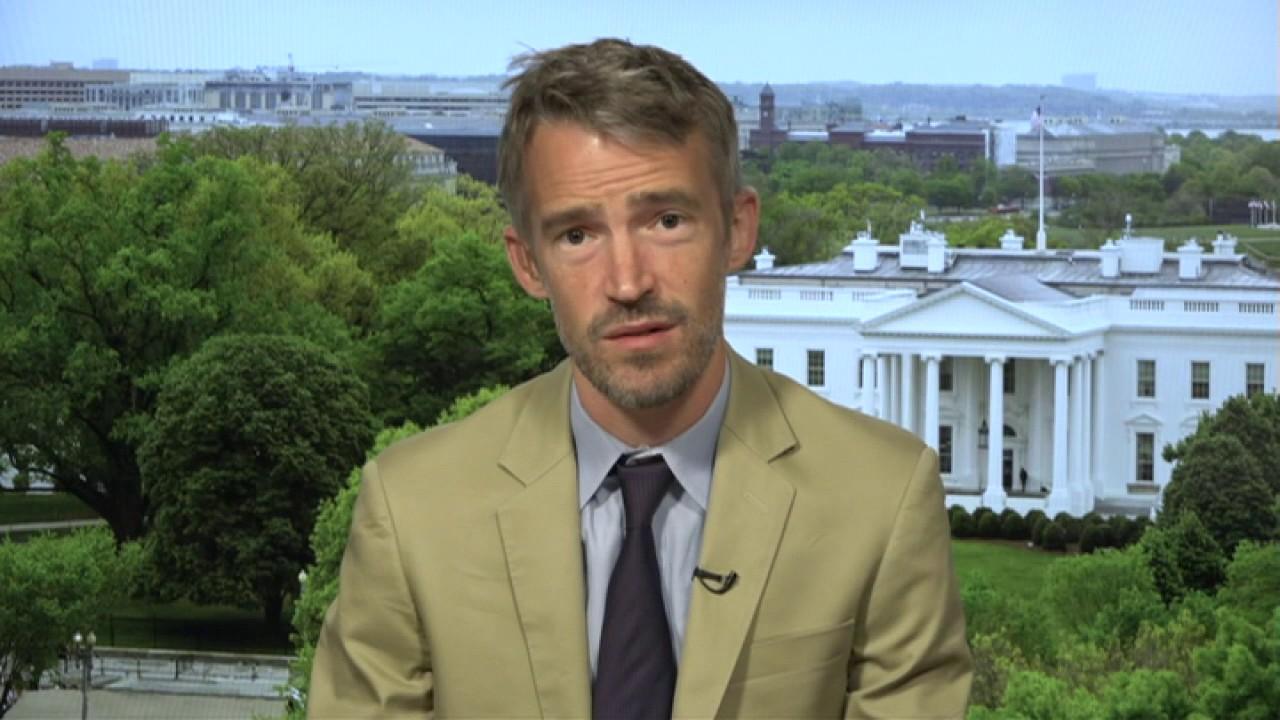Apollo board panel to review Leon Black’s ties with Jeffrey Epstein
Law firm Dechert is selected to examine private-equity firm CEO’s dealings with disgraced financier
A group of Apollo Global Management Inc.’s APO +4.08% independent board members will review Chief Executive Leon Black’s relationship with disgraced financier Jeffrey Epstein, according to people familiar with the matter.
Stocks In This Article:
At a regularly scheduled meeting Tuesday morning, Mr. Black requested that the board’s conflict-committee members, which include Michael E. Ducey, A.B. Krongard and Pauline Richards, hire a law firm to examine his business dealings with Mr. Epstein, the people said. The committee interviewed a number of firms and selected Dechert LLP on Tuesday afternoon.
APOLLO CEO, CO-FOUNDER LEON BLACK AND THE $75 MILLION CONNECTED TO JEFFREY EPSTEIN: REPORT
Mr. Epstein was indicted last year on federal sex-trafficking charges stemming from an alleged scheme to exploit underage girls.
The move is an effort by the Apollo co-founder to put to rest renewed speculation into the nature of his ties to Mr. Epstein, who was found dead in his Manhattan jail cell last year in a suicide.
Mr. Black has said Mr. Epstein provided him with tax-and-estate-planning advice, for which the billionaire paid millions of dollars over a multiyear period. Mr. Epstein also previously served on the board of Mr. Black’s family foundation. Mr. Black made a day trip with his family to Mr. Epstein’s private island and met with Mr. Epstein at the adviser’s Manhattan townhouse.
Mr. Black is among those who have received subpoenas in a civil investigation in the U.S. Virgin Islands into Mr. Epstein’s businesses. He has said he intends to cooperate with the inquiry.
Shares of Apollo, a private-equity investing firm with more than $400 billion of assets under management, have fallen roughly 15% since Oct. 12, when the New York Times reported that Mr. Black paid Mr. Epstein at least $50 million in the years after Mr. Epstein was convicted in 2008 of soliciting prostitution from a teenage girl. The article didn’t present any evidence that Mr. Black participated in any inappropriate activity.
Though the existence of payments from Mr. Black to Mr. Epstein were known—The Wall Street Journal had reported last year on at least $10 million of them—the front-page Times article cited an internal report by Deutsche Bank AG that showed payments from entities controlled by the private-equity magnate to ones controlled by Mr. Epstein.
Private-equity funds are typically structured in such a way that investors can only vote to pull their money under very specific circumstances, such as if a manager is convicted of a crime. But some of Apollo’s public-pension-fund investors have expressed concern that the issue may continue to produce negative headlines, the people familiar with the matter said.
In an Oct. 12 letter to Apollo’s investors that was reviewed by the Journal, Mr. Black said Mr. Epstein served as an adviser to him between 2012 and 2017 and that he was “completely unaware” of Mr. Epstein’s “reprehensible” conduct. “I deeply regret having had any involvement with him,” Mr. Black wrote.
Apollo has said it never did business with Mr. Epstein.
Mr. Epstein was arrested in July 2019 during scrutiny of a 2007 nonprosecution agreement he signed with federal authorities in Florida to resolve an investigation into improper conduct involving underage girls. He pleaded guilty in 2008 to two state prostitution counts and spent much of his 13-month sentence outside prison.
CLICK HERE TO GET THE FOX BUSINESS APP
Mr. Epstein, who grew up in Coney Island, built a fortune of more than half a billion dollars by leveraging close relationships with a who’s who of the nation’s rich and famous, among them retail magnate Leslie Wexner, Johnson & Johnson heiress Elizabeth Johnson and hedge-fund billionaire Glenn Dubin.
After serving his sentence, Mr. Epstein worked to rehabilitate his public image and continued to surround himself with luminaries of politics, academia and finance.
Mr. Black, 69 years old, co-founded Apollo in 1990 with former partners from Drexel Burnham Lambert after the firm filed for bankruptcy protection. Drexel, under the leadership of Michael Milken, had pioneered the use of high-yield bonds as a means of financing corporate buyouts, paving the way for the explosion of the private-equity industry.
New York-based Apollo, which made its name by taking over struggling businesses by buying up their debt, has posted some of the industry’s best returns and boasts its largest credit-investment platform.




















